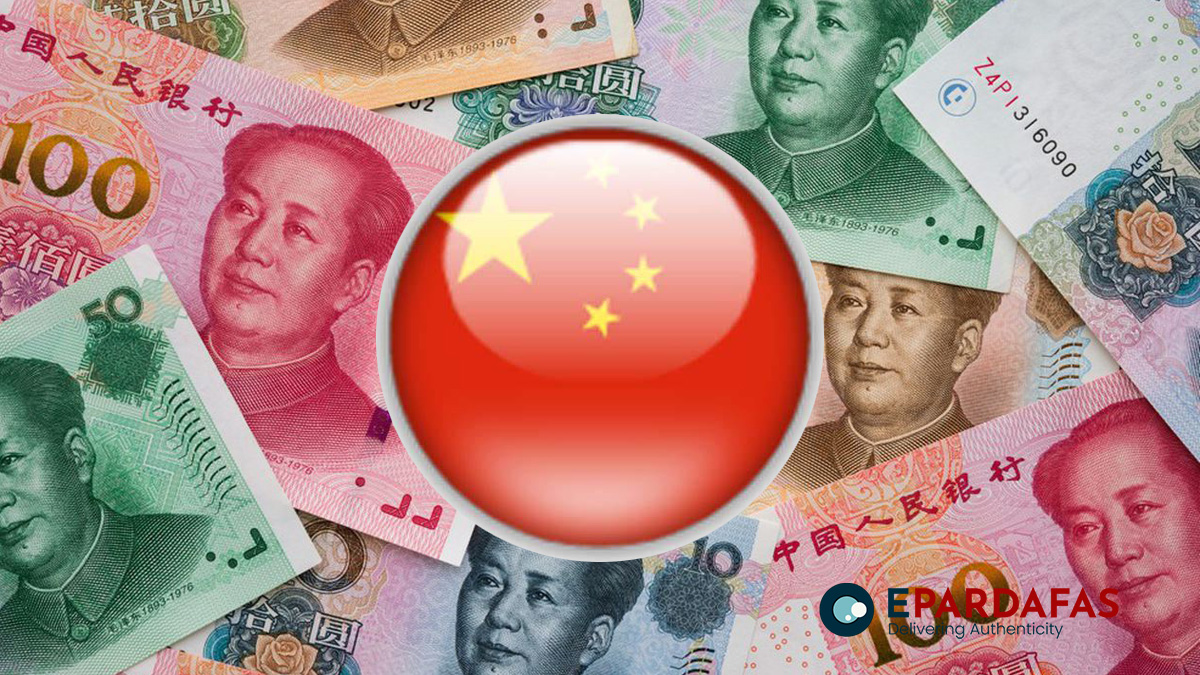
Chinese Financial Institutions Experience Soaring Borrowing Costs as Liquidity Tightens

On Tuesday, overnight borrowing costs for some Chinese financial institutions surged to an astonishing 50% as liquidity constraints and pressures in money markets sent shockwaves through the financial sector.
The tight liquidity was attributed to a combination of seasonal factors and a surge in government bond issuance. Additionally, market participants expressed concerns about the potential default of cash-strapped institutions.
Official interbank data revealed that the highest overnight rate for pledged repo, a short-term financing instrument, reached 50% on Tuesday. However, the average rate remained considerably lower, hovering around 3.6%.
Two-day repo rates also saw a sharp increase, reaching as high as 30%. Meanwhile, the highest rate for seven-day repos climbed to 12%.
“The liquidity tightness caught me off guard; the price suddenly shot up,” commented a trader at a brokerage, invoking memories of the June 2013 cash crunch when the overnight repo rate spiked to a historic high of 30%, causing disruptions in global markets.
Rocky Fan, an economist at Guolian Securities, suggested that while the 2013 crisis stemmed from China’s crackdown on shadow banking, the current stress was more likely the result of excessive leveraged trades in the money market.
In the afternoon, several traders at smaller banks continued to seek funds, with some expressing concerns about market defaults without providing specific details.
Caitong Securities, in a note to its clients, described the day’s liquidity as “extremely tight.” The brokerage attributed the cash shortage to a “record supply” of government bonds and limited channels for banks to obtain financing.
Last week, China approved 1 trillion yuan ($136.67 billion) in sovereign bond sales aimed at stimulating economic growth, while local governments accelerated their issuance of refinancing bonds to repay existing debts.
Analysts anticipate that the tight liquidity situation will prompt authorities to expedite the implementation of monetary easing measures. Ming Ming, chief economist at Citic Securities, expects repo rates to ease in November, driven by the potential maintenance of loose monetary conditions and a possible reduction in banks’ required reserve ratio.
Despite the short-term market fluctuations, the average seven-day repo rate, a significant indicator of short-term borrowing costs in China, remained relatively modest at 2.0765% on Tuesday, allowing many institutions to access financing at comparatively low rates.














Comments